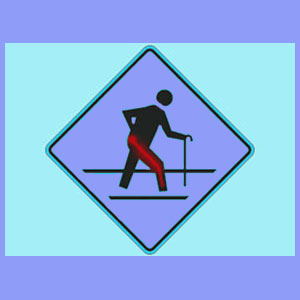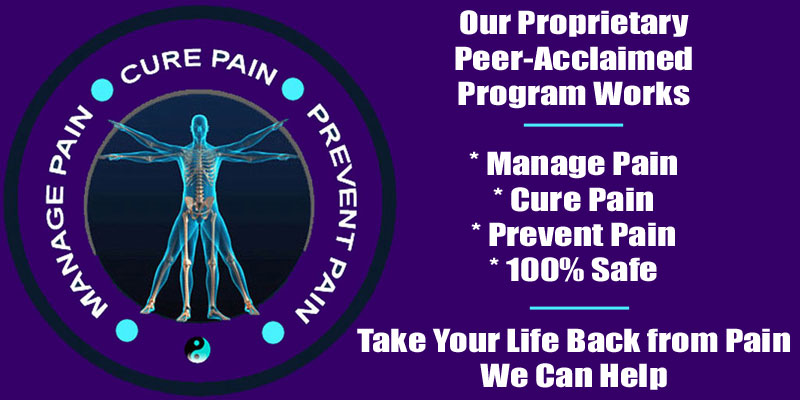
Elderly sciatica is less common than most people think and actually victimizes fewer senior citizens than it does younger patients between the ages of 26 and 55. The elderly are prone to a variety of health conditions based simply on the effects of many years of aging upon their bodies. While it is possible to stay healthy and functional well into old age, it takes effort and a lifetime of good habits.
For those poor souls who are unfortunate enough to be afflicted by sciatic nerve pain during their golden years, life can take a turn for the worse very quickly, leading to limited physical functionality and chronic suffering.
This discussion provides some guidance for elders who are suffering from lower back and leg pain. We will examine the possible causes of the pain and how it can be successfully resolved using targeted care practices.
Elderly Sciatica from Injury
The elderly can be affected by the same causes of sciatica as all other people of any age. Spinal and non-spinal injuries and abnormalities can enact sciatica symptoms in older individuals. Frail elders are highly susceptible to falling and various forms of trauma which may not affect younger and more able-bodied patients.
Since osteoporosis and other low bone density concerns make fractures very commonplace in seniors, there is always the possibility that sciatica can be caused from even the most minor damaging events in the spine. In fact, some compression fractures can impinge on the spinal nerve roots or the actual spinal cord, and may occur simply due to the weight of the body, even in the absence of any traumatic event.
Mindbody Sciatica in Seniors
Luckily, elderly people are statistically far less likely to suffer psychosomatic sciatica, although it can occur at any age. Dr. John Sarno cites that when mindbody pain does affect seniors, it often comes from internalized anger over age itself and the many negative consequences of the aging process. He goes on to theorize that some seniors are actually repressing a huge amount of rage which may lead to the symptomatic expressions in rare cases.
In my own experience working with tens of thousands of elderly back and neck pain sufferers as a chronic pain coach, I also found the major sources of mindbody sciatica to be linked to fear of mortality and internalized rage over the ravages of age. I also found a deep correlation to the existence of regret over life decisions, often dating back decades. These are very real psychoemotional issues which must be dealt with or else the mind may enact powerful physical symptoms throughout the anatomy, including sciatic nerve pain.
Degenerative Elderly Sciatica
Older people are likely to suffer from significant degeneration in their spinal columns. Degenerative disc disease, spinal osteoarthritis, degenerative spondylolisthesis, scoliosis and osteoporosis are all typical spinal concerns for aging patients. Most of the time, these conditions will not cause significant pain, but some individuals might endure advanced degeneration which can be symptomatic.
Significant age-related changes in the lumbar spine can enact foraminal stenosis or spinal stenosis which may cause pinched nerves and subsequent sciatic nerve expressions. Meanwhile, similar changes in the cervical spine can also enact central spinal stenosis which may cause wide ranging symptoms, including sciatica, the inability to stand and incontinence.
Sciatica in Older People
Keeping up your health is important at any stage of life. However, as we get older, good healthcare and preventative medicine become necessities. If a person has lived a healthy life until old age, it is unlikely that their body will fail them now. However, negative lifestyle choices, such as smoking, obesity and a poor diet will all come back to haunt elderly patients.
I advise older individuals to work closely with their doctors to stay on top of their health and not allow small issues to become major concerns. Once pain has begun, therapies may be limited due to surgical risks, decreased physical or mental functionality or the potential for massively problematic drug interactions.
However, if you do suffer from elderly sciatica, there are still methods of relief and even curative measures which can be highly effective. It may be best to work a specialist in geriatric neurology to increase your chances for accurate diagnosis, as well as safe and effective treatment.





